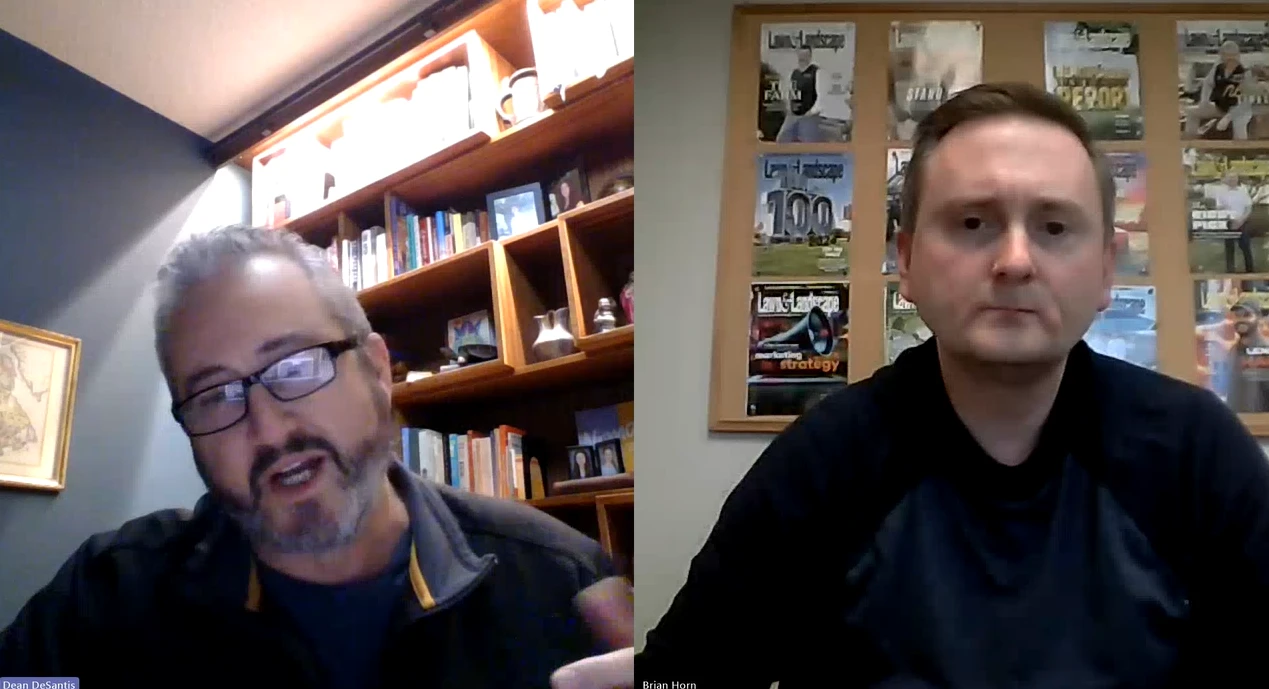|
|
Most landscapers believe staffing is a solitary function aimed at filling vacant positions. That isolated interpretation fails to consider the causes of the vacancy and the consequences of the staffing decision. In contrast, an advanced perspective views staffing as a three-step process: retention, recruitment and review. This aligned sequence enables landscapers to address root causes of employee turnover, generate an ample talent pool of qualified candidates and ensure performance expectations are met by the new employee.
Ironically, most companies are their own worst enemies in that they don’t proactively eliminate their internal causes of turnover. In short, retention prevents turnover. Companies can collect turnover-related information from current and former employees in multiple forms: interviews with new employees after being on the job for 30 days, annual employee surveys, exit interviews and a 30-day follow-up telephone interview with former employees. By collecting information from all of these sources, a company can garner significant insight into the actual causes of turnover (e.g., insufficient training, poor morale, supervisory incompatibility, dysfunctional culture, job stress, unchallenging work, inadequate pay/benefits). Once identified, the company can then design a retention program targeting its most problematic drivers of employee turnover. In brief, a “best practices” retention program maximizes employee engagement by routinely clarifying how the employee’s job performance contributes to organizational success, ensures its supervisors are well trained (e.g., goal setting, delegation, coaching) and leverages a company culture that fosters employees being valued, meritocracy, and morale.
As my colleague Bill Arman explains in his book “The Harvest Way for Recruiting and Hiring the Right People,” recruitment must be done continuously. Rather than only interviewing for current vacancies, clairvoyant landscapers routinely interview candidates even when vacancies don’t exist (e.g., employee upgrades, bench strength, “tag and release”). To support that staffing equation, recruitment interviews should be conducted every week.
This goal is likely to occur by implementing an integrated set of recruitment initiatives: a rewarding employee referral program, community partnerships (e.g., vendors, agencies, local businesses) and appropriate advertisements (e.g., newspapers, website, flyers). Landscapers relying on this proactive recruitment approach, incorporating all of the aforementioned recruitment activities, will likely fill their vacancies with higher-caliber candidates in shorter timeframes, at less cost, than other companies that simply respond to vacancies as they occur.
The actual goal of the staffing sequence is to fill every vacancy with an effective employee capable of improving organizational results. To validate that outcome, all new hires should receive a formal performance review after 30 and 90 days on the job. The 30-day review typically addresses fundamental performance standards like punctuality, appearance, cultural fit, training aptitude, team player, initiative, policy compliance and safety focus. The 90-day review evaluates employees on applied performance indices like efficiency, functional skills, equipment operation, planning, communication skills, work quality and value proposition. In keeping with the formal nature of this behaviorally-documented performance management process, the new hire should be informed of the results of the 30-day review, receive complimentary or constructive coaching as necessary and be informed of the specific expectations for the next performance review scheduled to occur in 60 days. If the employee fails to demonstrate immediate, significant, and sustained progress toward being an effective performer, a timely decision to terminate should be made as appropriate.
|

Explore the July 2012 Issue
Check out more from this issue and find your next story to read.
Latest from Lawn & Landscape
- Wilson360 adds Daniel Grange as new consultant
- Batman and business
- CH Products releases new tree stabilizer
- Savannah Bananas founder Jesse Cole to speak at Equip Exposition
- Catch up on last year's Benchmarking report
- Davey Tree promotes Kevin Marks as VP of Western operations
- Bobcat Company names 2025 Dealer Leadership Groups
- Green Lawn Fertilizing/Green Pest Solutions awards employee new truck for safe driving







